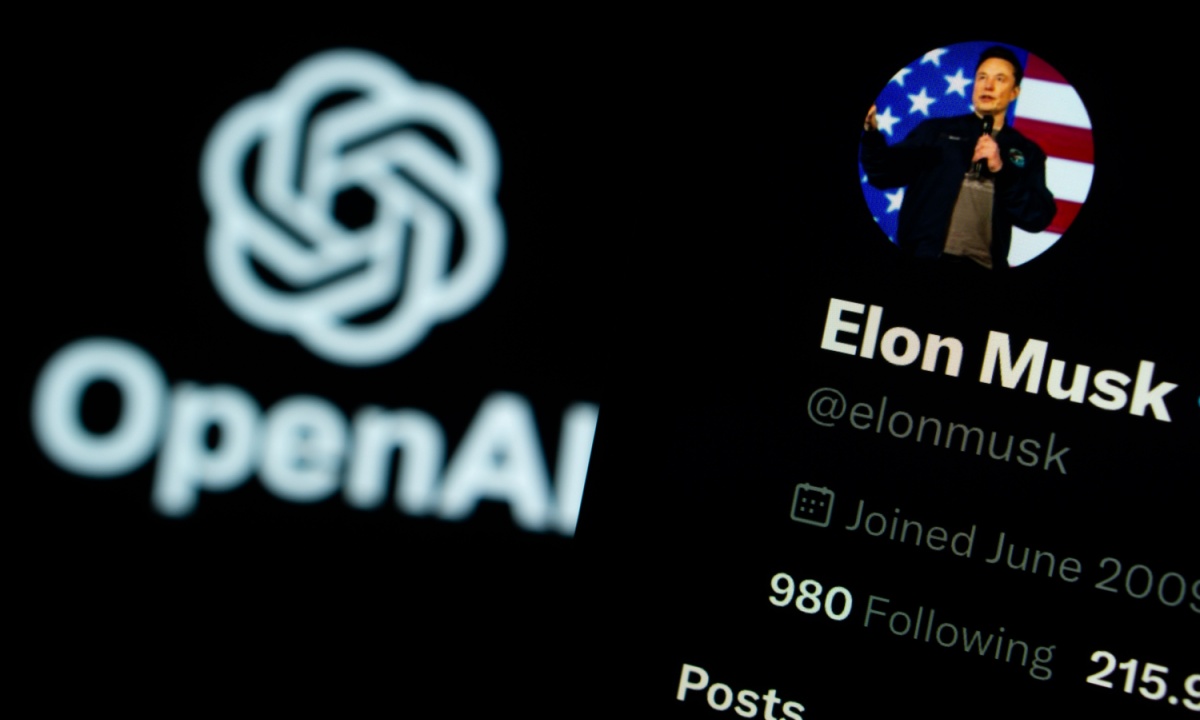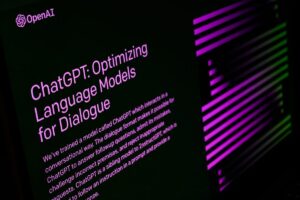Musk’s Trial Against OpenAI Nonprofit May Begin in December

OpenAI and Elon Musk Prepare for Legal Battle
On March 15, news outlets reported that OpenAI, the artificial intelligence (AI) company, and Elon Musk, a co-founder of the organization, have set a trial date regarding OpenAI’s shift to a for-profit model. Both parties have agreed to expedite the trial process, proposing a court date in December. However, decisions are still pending on whether the case will be examined by a jury or a judge alone.
Background of OpenAI and Elon Musk
Elon Musk, along with CEO Sam Altman, founded OpenAI in 2015. Musk was an integral part of its early development but departed before the organization’s transformation into a leading player in generative AI technology. Following his exit, he ventured into the AI landscape with his own startup, xAI, which offers competing products.
In 2024, Musk initiated a lawsuit against OpenAI and Altman, claiming the organization strayed from its original purpose as a nonprofit dedicated to advancing AI for the benefit of humanity. Musk asserts that OpenAI’s focus has shifted toward profit, which he sees as a deviation from its founding principles. Altman and his team have disputed Musk’s claims, suggesting that Musk’s legal actions stem from a desire to undermine a rival company.
OpenAI’s For-Profit Model
OpenAI’s transition to a for-profit format has become a topic of intense discussion. The company argues that adopting a profit-oriented strategy is essential for attracting the funding needed to compete effectively with other AI enterprises. Last year, OpenAI raised $6.6 billion, and it is looking to secure an additional $40 billion in funding. Central to these financial strategies is the requirement to relinquish control of its nonprofit governing body.
In a recent twist, Musk and other investors made an offer of $97.4 billion to take over the nonprofit control of OpenAI. However, this bid was ultimately rejected by Altman and the OpenAI board.
OpenAI’s Defense and Policy Proposals
Amidst the ongoing legal disputes, OpenAI has also taken proactive steps to position itself favorably within the U.S. government. Recently, the organization submitted several policy proposals to the White House aimed at safeguarding and promoting America’s edge in the AI sector.
According to Christopher Lehane, OpenAI’s Chief Global Affairs Officer, the collective recommendations aim to strengthen the U.S.’s leading role in AI development. The proposals emphasize the potential for economic growth and protecting national security.
Key Proposals Include:
Federal Preemption on AI Laws:
OpenAI is urging the federal government to take precedence over states concerning AI regulations. This would relieve AI companies from a burgeoning array of state-level legislation. Companies participating in this initiative could allow the federal government access to their AI models for safety assessments and capability testing.- Export Control Strategy:
OpenAI recommends that the federal government develop a comprehensive export control plan. This strategy would not only limit the export of AI technologies to non-allied nations like China but also enhance the transfer of these technologies to democratic countries.
Current Landscape and Future Implications
As the legal proceedings get underway, the implications of OpenAI’s for-profit shift and Musk’s lawsuit could lead to significant changes in how AI companies operate and interact with regulatory bodies. The contrast between OpenAI’s need for capital and Musk’s claims about ethical governance represents a pivotal moment in the AI industry’s evolution. The outcome of this case could influence not only OpenAI’s future but also the broader context of AI development and its ethical considerations in the United States and beyond.





